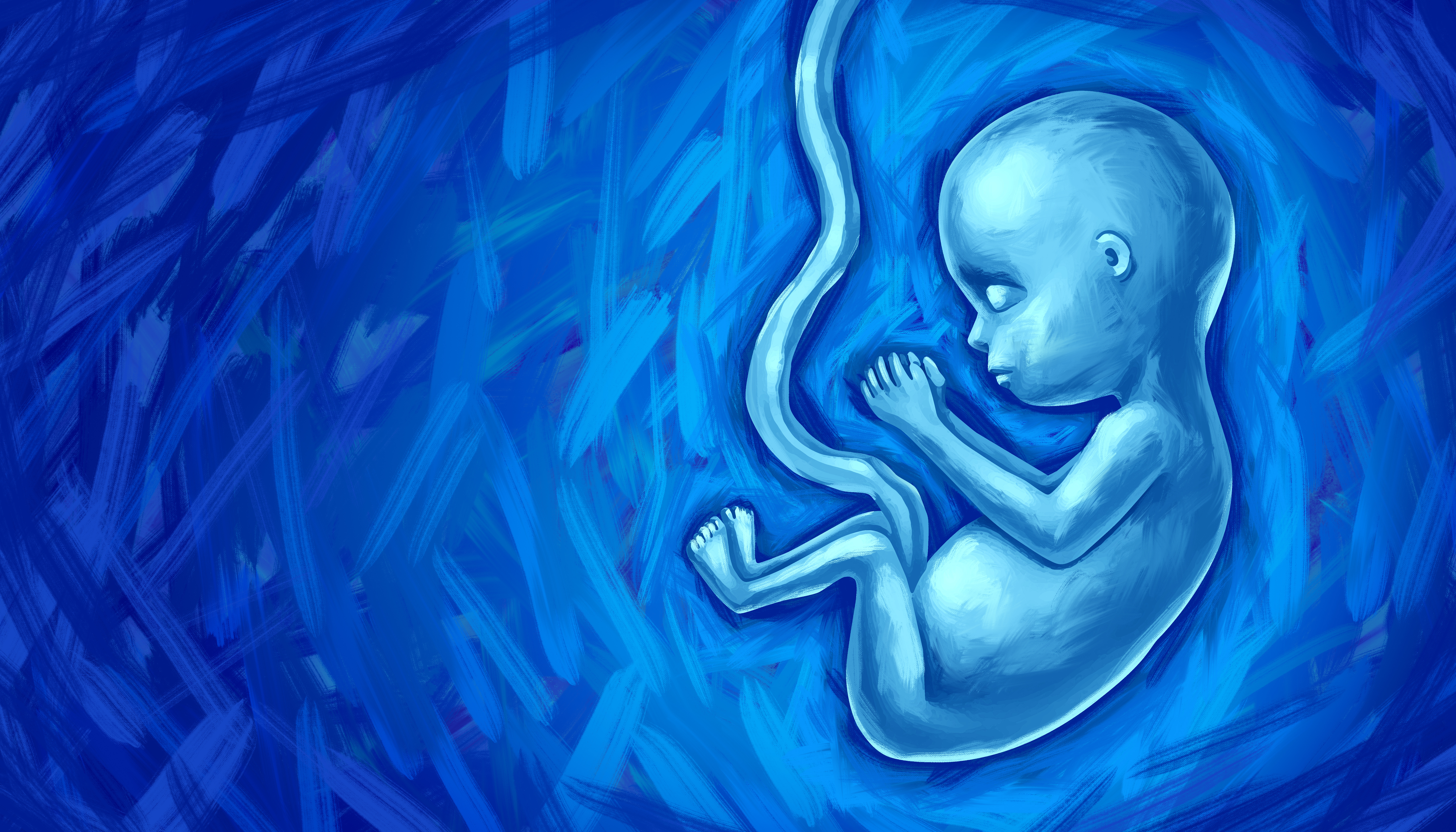
Is abortion a central issue of the Christian faith?
Op-Ed | By Easton Martin | July 23, 2025
In a recent appearance on the Joe Rogan Podcast, Texas State Representative James Talarico joined the show to discuss issues related to faith, politics, and social issues.
Talarico, a member of St. Andrew’s Presbyterian Church in Austin, Texas, did not shy away from addressing abortion, saying to Rogan:
“I get suspicious when anybody, whether it’s a televangelist or a politician, tells me that something is central to my faith when Jesus never talks about it.”
Is Talarico right? Are right wing Christians making abortion, something Jesus supposedly never talks about, central to the faith?
Let me answer that for him: yes, we absolutely are. But does Jesus really never talk about abortion?
While Jesus does not specifically mention abortion, he does address the underlying sin.
In Matthew 5:21–22, Jesus says:
“You have heard that it was said to those of old, ‘You shall not murder; and whoever murders will be liable to judgment.’ But I say to you that everyone who is angry with his brother will be liable to judgment; whoever insults his brother will be liable to the council; and whoever says, ‘You fool!’ will be liable to the hell of fire.”
In this passage during the Sermon on the Mount, Jesus reaffirms the Old Testament law from the Ten Commandments: “You shall not murder.” Jesus not only condemns murder, but goes even further, stating that the sin isn’t just external. It begins with internal motivations.
No Christian, as far as I know, would disagree with the conclusion that Jesus condemns murder and that it is therefore wrong. The disagreement regarding abortion is whether or not ending the life of a pre-born human is rightly called murder.
Oxford Languages defines murder as “the unlawful premeditated killing of one human being by another.” The issue, then, centers around whether abortion, the intentional killing of a pre-born human, is murder.
There are three conditions that abortion must meet under the Oxford definition to qualify as murder:
1. It must be unlawful.
2. It must be premeditated (intentional or planned).
3. The pre-born child must be a human.
Standard 1 can easily become circular. For instance, let’s say abortion is outlawed in a certain place. If abortion is committed there, then the act is unlawful. If, however, an abortion is performed where it is legal, then it wouldn’t seem to meet the definition of murder.
This is where it’s important for us to define our moral philosophy. Does the rightness or wrongness of our acts come from the government or from God? If it comes from the government, then morality becomes subjective, dependent on which government finds which acts right or wrong.
If, however, the morality of our acts is determined by a higher power than the government, one that does not change based on time or location, then the issue of murder is concrete and objective. It is a crime, no matter what the government says about it.
Returning to the conditions that abortion must meet to be considered murder, we can say that abortion is the intentional ending of a pre-born child. Abortion, by definition, is not the same as the ending of a pregnancy in which the child isn’t viable, such as in an ectopic pregnancy.
Abortion already meets our second definitional standard. But what about the first? Is abortion, the intentional ending of a pre-born human life, murder? You may be realizing at this point that standards 1 and 3 go hand in hand. If abortion is unlawful, then it is because it is the killing of another human.
The third standard is the hinge point of the entire issue. If the growing organism within a woman’s uterus is indeed a human in the truest sense of the word, then purposely ending its life is murder (barring the ending of its life if it is inviable).
So, is it a human? I see no other way to define it. The pre-born child meets all relevant definitions of a human. You cannot consistently claim that it is anything but a human. One consistent argument that the unborn are humans is known as the SLED test. SLED is an acronym for:
Size
Level of development
Environment
Dependency
Author Alan Shlemon unpacks this argument in more detail:
https://www.str.org/w/the-sled-test
The argument concludes that regardless of a human’s size, level of development, environment, or level of dependency on another human, it is still a human. It is not a parasite. It is not an alien. Its genetic makeup cannot be confused with that of another species. If a pre-born child is to be classified as anything but a human, it must be on the grounds of those four factors, ones that do not seem to grant much of a possibility that the unborn are not human.
If abortion intentionally ends the life of a human being, what else can we call that but murder? And if abortion is murder, then Jesus certainly had something to say about it. What Christian would argue that not committing or supporting murder is not central to our faith?
The conclusion that those such as Talarico would disagree with is that the unborn child is human in the relevant sense, the one that puts them on the same level of dignity and importance as you and me.
Do not fall for the talking point that supporting the life of the unborn is right wing propaganda. Do not cede that the unborn are anything less than human. Fighting for the lives of the unborn, and for those who cannot stand up for themselves, is a central part of the Christian faith, and it always has been.
The Didache, an early Christian writing from between 70 and 150 AD, affirms this:
“You shall not use potions. You shall not procure [an] abortion, nor destroy a newborn child.” (Didache 2:1–2)




























